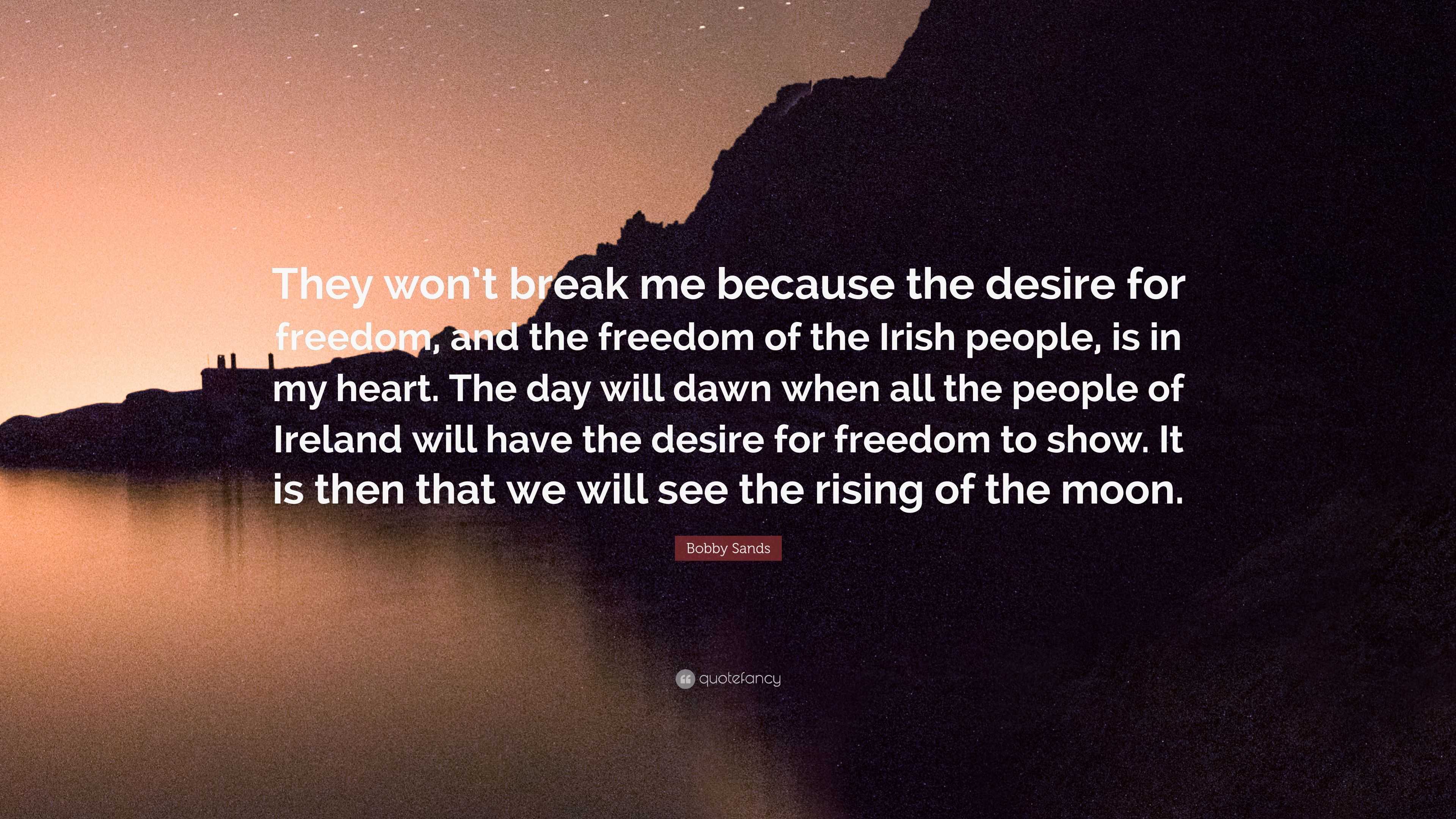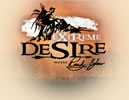

More noteworthy, and often overlooked in definitions of digital nomadism, is that everyone in this study demonstrated a growing preoccupation with disciplining and self-disciplining practices. All self-identified as digital nomads, all were travelling while they worked (or attempted to work) and none were permanently settling in the countries they were visiting. Putting aside the ongoing task of definition, this research presents data on digital nomads encountered in coworking spaces in Thailand, who all have three qualities in common.

Finally, most digital nomads subjectively rated themselves as highly mobile and work focused.įull size image 1.1 The freedom/discipline paradox

Third, Thai locals were mostly unaware of the digital nomad term and simply used the term ‘farang’, which roughly translates as ‘Westerner’ or ‘foreigner’. Second, Western ex-pats living in digital nomad hotspots differentiated themselves from digital nomads, whom they described as transient. First, digital nomads rejected the label ‘tourist’. This activity generated many discussions however, four key themes clearly emerged. They were invited to plot themselves on the diagram, and also to discuss where categories, stereotypes or groups might sit. Chiang Mai) were shown a simple diagram showing two intersecting rating scales: high/low mobility and work/nonwork (Fig. In this study, self-described digital nomads, ex-pats and local populations where the digital nomad research was being conducted (e.g. Reddit 2018 Wallace 2020).Īs the term is contested, digital nomadism is often more easily defined by what it is not. Conversely, pejorative terms like ‘digital gonad’ and ‘digital bromad’ are circulated in critiques of the digital nomad lifestyle on social media and in online blogs (e.g. Whilst the term may have both hopeful and derogatory connotations, terms such as ‘location-independent’ and ‘remote worker’ are sometimes used as more neutral alternatives. ‘Digital nomad’ is not the only term for this emerging and subjective category of worker. This research shows that digital nomads attempt to challenge these work/leisure boundaries in the pursuit of freedom, but in doing so face unforeseen challenges. This raises interesting questions about the boundaries between generalised concepts of work, leisure and freedom. Services like these offer digital nomads an ever-changing menu of locations and backdrops.Ī nuanced but important distinction noted by some scholars is that whereas business travellers travel for limited periods of time because of their work, digital nomads attempt to gain freedom by travelling whilst working (Müller 2016, p. Online resources such as Nomad List () rate many more cities and locations across the world and they can even be filtered and ranked based on internet speed, quality of life and cost of living. Sites of tourism that offer lower living costs than cities in the Global North, particularly Chiang Mai in Thailand, Bali in Indonesia and more recently Medellín in Columbia, are the clichéd and most blogged about digital nomad centres (Hart 2015 Spinks 2015). However, journalistic and scholarly sources often define digital nomads as young, work-oriented professionals who reject outwardly imposed structures of traditional office work-such as the 9 to 5-and place value on autonomy, flexibility and the ability to travel and work where they please (e.g.
#EXTREME DESIRE FOR FREEDOM FULL#
The term ‘digital nomad’ is still being defined and this paper does not attempt a full definition.


 0 kommentar(er)
0 kommentar(er)
